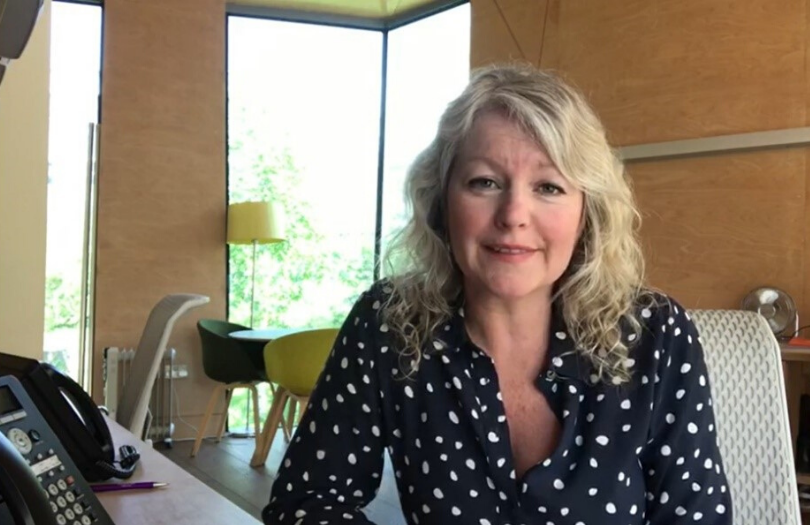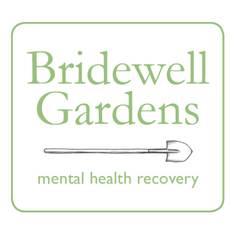
 Maggie’s Oxford provides free cancer support and information in its purpose-built centre in the grounds of the Churchill Hospital. Their Support Specialists, Psychologists and Benefits Advisors are there for anyone with cancer and their families and friends.
Maggie’s Oxford provides free cancer support and information in its purpose-built centre in the grounds of the Churchill Hospital. Their Support Specialists, Psychologists and Benefits Advisors are there for anyone with cancer and their families and friends.
Claire Marriott, Centre Head and Clinical Psychologist, has been helping people struggling with complex issues who are finding self-isolation incredibly difficult.
Malita has splenic marginal lymphoma; her last chemo session was cancelled and she is at home on her own. She says: “The worst thing about being in isolation is the fact that there’s no human contact. I just want somebody to sit down and hold my hand or give me a hug. The biggest problem is the mental health side of it.” Malita is receiving psychological support from Maggie’s over the phone: “I couldn’t do it without Maggie’s, I know that without a shadow of a doubt.”
This is an extremely difficult time for people who were already reaching the end of their life, and now feel as though they can’t make memories with their loved ones for the remaining time they have. For these people, psychological support from Maggie’s really is crucial.
Thanks to a grant from the Community Resilience Fund, Maggie’s has been able to provide psychological support for people with cancer during this particularly uncertain and frightening time. The funding has allowed 45 one-to-one sessions, as well as more regular support.
John says: “My diagnosis really floored me mentally. I just couldn’t deal with it. I went from being a 60-year-old guy who was very fit and healthy, to being given a diagnosis of cancer.” John has aggressive prostate cancer and is shielding at home. “It really affected my head and at one point, I fully intended to take my own life. After three sessions with the psychologist, my perspective totally changed.”
This example demonstrates the need many charities will have for ongoing and long-term support to help them deal with the fall-out of COVID-19.
Claire Marriott says: “With recent changes to the lockdown, lots of people are hopeful about some sort of normality returning. However, for people with cancer who must continue to shield from the outside world, life can feel more lonely than ever, as others venture out, leaving them confined at home and feeling forgotten and left behind.”
In recent weeks, Maggie’s has seen an increase in calls about fear, anger, sadness and difficulty managing ongoing isolation and loneliness. Claire adds: “It has been really important to be able to react quickly when people seek help, and to be able to address psychological difficulties before they develop further. Thank you for helping us to do this.”












